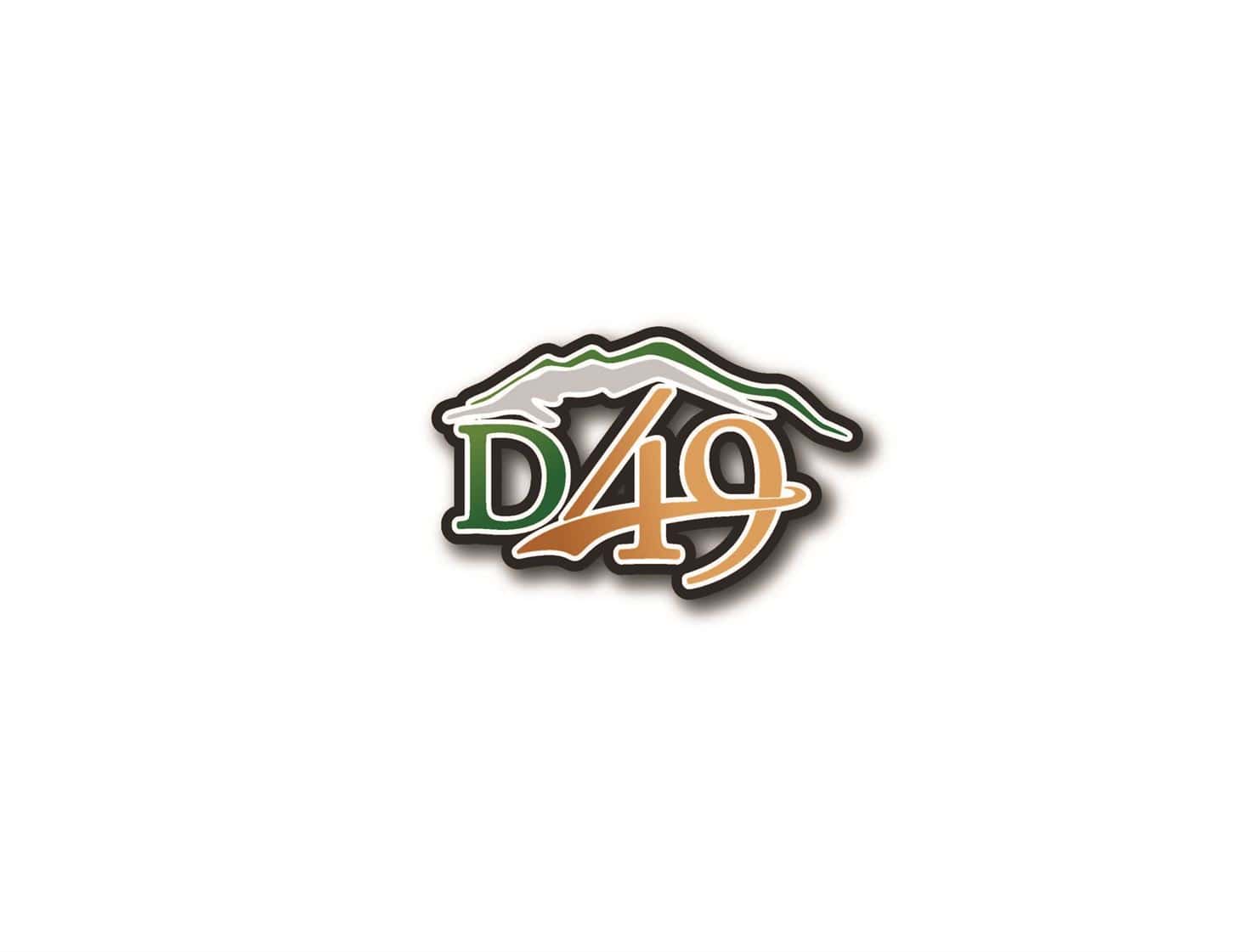In November, ìThe New Falcon Heraldî began a multi-part series defining charter schools and describing how they differ from traditional schools. According to the Colorado Department of Educationís website, there are 264 charter schools ñ- public schools that operate via contract or charter with an authorizer ñ- operating in Colorado during the 2019-2020 school year.This month, the NFH is focusing on waivers that charter schools can request from the CDE. Bill Kottenstette, executive director for the schools of choice unit at the CDE, said, ìWhen a school receives a waiver, it essentially implies that that provision of law does not apply to that school.îTitle 22 in the Colorado Revised Statutes provides information on education law and under the Charter School Act, which was passed in 1993, charter schools can request waivers from some of those provisions, he said. The state board of education has the authority to grant or deny those waivers, Kottenstette said.The CDEís website states: ìThis flexibility is intended to provide charters with the autonomy to fully implement the educational plan outlined in the schoolís contract with the authorizing district.îKottenstette said waivers are part of the application process for charter schools. Some waivers are automatic, meaning the CDE automatically waives that provision of the law for the charter, while others are non-automatic, he said.Andy Franko, iConnect Zone leader for El Paso County Colorado School District 49, said the automatic waivers granted to charter schools are those provisions in direct conflict with the nature of the charter contract. The CDEís website lists automatic waivers that include the following: ìLocal board duties concerning selection of staff and pay; determine educational program and prescribe textbooks; School Year-National Holidays; and Compulsory school attendance-Attendance policies and excused absences.îThe charter application approval process begins with the authorizing entity, either a school district or the Colorado Charter School Institute, Kottenstette said. ìIn Colorado, districts authorize about 85 percent of charter schools and the rest are through the Charter School Institute,î he said.Because the authorizer is the first to evaluate a charter application, it has some decision-making capacity about what is contained in each specific waiver, Kottenstette said. That means one district can require something that another district does not, he said. However, no non-automatic waiver can be granted without a rationale and replacement plan, Kottenstette said.ìWhile charter schools have the ability to waive out of a specific statute, they have to replace it and provide a rationale about why they want to replace it,î Franko said. ìWhen we (a charter authorizer) evaluate a waiver request, we are looking for whether or not the replacement plan is sufficient to meet the spirit of the law it is replacing. We are not evaluating whether we think it is a good idea or if we like it.îOnce an application ñ- and any included waivers ñ- has been approved by the authorizer, the Colorado Board of Education then evaluates the application, Kottenstette said. However, the state board does not have the authority to grant or deny a charter; they can only grant or deny waivers; and, if they choose to deny a waiver, they need to provide a reason for that denial, he said.ìPart of the legislative declaration for charter schools is based on the theory that it provides the school with autonomy; and, in exchange for autonomy, we hold them (charter schools) accountable for their performance,î Kottenstette said. ìThere are a lot of provisions in the public school law that still apply to charter schools so they have some autonomy but they still largely operate within the educational context of a public school.îWaivers cannot be granted for a federal law and waivers cannot be granted for any law outside of Title 22, he said. The CDE website lists areas of statute that charter schools cannot waive, including ó but not limited to ó the following: the Public School Finance Act; state assessments; notification to parents of alleged criminal conduct by school employees; and the Childrenís Internet Protection Act.D 49 is an exclusive chartering authorizer, meaning district administration is the first entity to review the application, including the list of requested waivers, Franko said. The administration then takes their recommendations for approval or denial to the board of education, he said.ìSometimes a charter application gets sent back to the applicants to be reworded; sometimes the replacement plan does not make sense,î Franko said. ìIn general, the waivers are almost always identical.îWaivers are not actually exclusive to charter schools, he said. If a traditional school has received innovation status through the CDE, that school can apply for waivers, Franko said. D 49 as a district has innovation status because it includes 11 individual schools of innovation, he said.Once a waiver has been granted, it is typically in place for five years at which time the charter renewal process begins, Franko said. At that time, schools can apply for additional waivers or subtract waivers they have before, he said.Charter schools are required by law to post their waivers on their websites along with their replacement and rationale plans, Franko said.ìIt is important to understand that charters are not exempt from state law,î he said. ìThe waivers are a better way to meet the obligation of the Charter Schools Act and meet the needs of the charter schools without conflicting with the laws. They still have to follow the law and replace a waived statute with an appropriate plan.î





